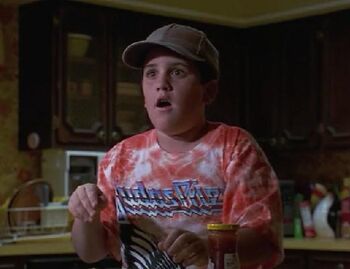Galloping Foxley
- Galloping Foxleys. 1,189 likes 7 talking about this. Half country, half blues and the rest is just stunning good looks.
- ' Galloping Foxley ' is a short story by Roald Dahl that first appeared in the November 1953 issue of Town & Country. It was included in the 1953 collection Someone Like You, and was later adapted into an episode of Tales of The Unexpected.
Galloping Foxley
'Galloping Foxley' is a short story by Roald Dahl that first appeared in the November 1953 issue of Town & Country. It was included in the 1953 collection Someone Like You, and was later adapted in an episode of Tales of The Unexpected.
An adaptation of Roald Dahl's Galloping Foxley from his Tales of the Unexpected collection. Second Year radio drama for Royal Holloway University of London.C.
Galloping Foxley
One of the more unusual Tales of The Unexpected, Roald Dahl claimed that Galloping Foxley was based on a true story. The story is about a man named Perkins described as a 'contented commuter' but who is in fact obsessed by routine. Every day he arrives at the station and catches the 8.12am train taking the same seat in the carriage. One day his routine is shattered by the arrival of a newcomer who takes first his place at the station, and then his seat in the carriage. The outraged Perkins slowly realises that he recognises the newcomer as a former school-mate. The newcomer clearly does not recognise Perkins, allowing the author to fill the void. The newcomer is Bruce Foxley. While at school, Foxley was a prefect who used Perkins as his personal slave: viciously abusing him mentally and physically. Indeed the name 'Galloping Foxley' is in recognition of the method in which Foxley takes a run up when delivering a beating.

Galloping Foxley Cast
The ending used in Tales of The Unexpected differs from the original written version. In the short story, Perkins decides to seek revenge by publicly humiliating Foxley. He introduces himself; without a shred of emotion, Foxley introduces himself but he gives a different name and school. While ambiguous- the man could indeed by Foxley and simply be lying to confuse and humiliate Perkins- the implication is the man is not Foxley at all and Perkins has simply been wrong all along. In the television version Perkins creates a scene and recounts to the other passengers the misery he suffered at the hands of the newcomer. Again the newcomer shows no emotion but denies being Foxley and gives a different name and school. However, he gives a knowing look and rests his cane on his shoulder exactly as the viewer saw Foxley do earlier on. This version is less ambiguous, and it is clear that the newcomer is indeed Foxley returning once again to humiliate Perkins.
Help improve this article
Compiled by World Heritage Encyclopedia™ licensed under CC BY-SA 3.0Help to improve this article, make contributions at the Citational Source, sourced from Wikipedia